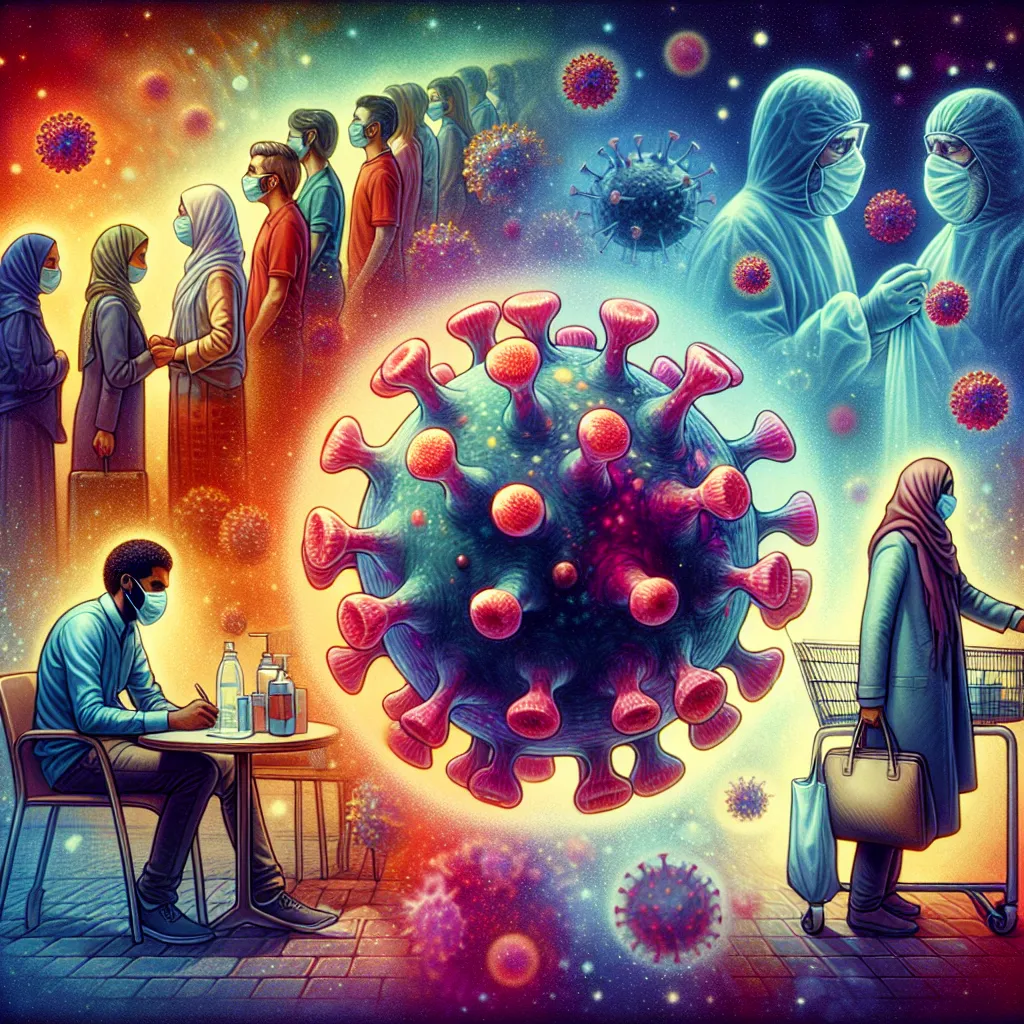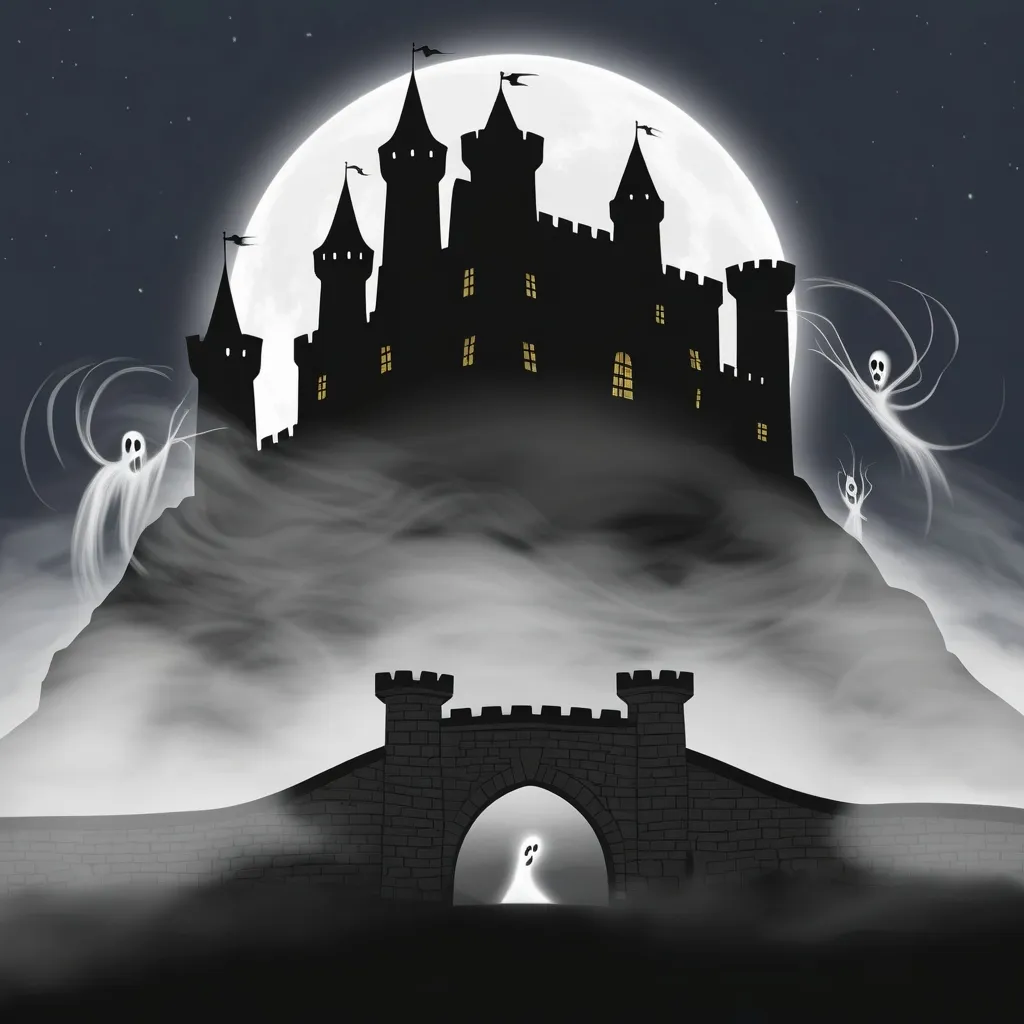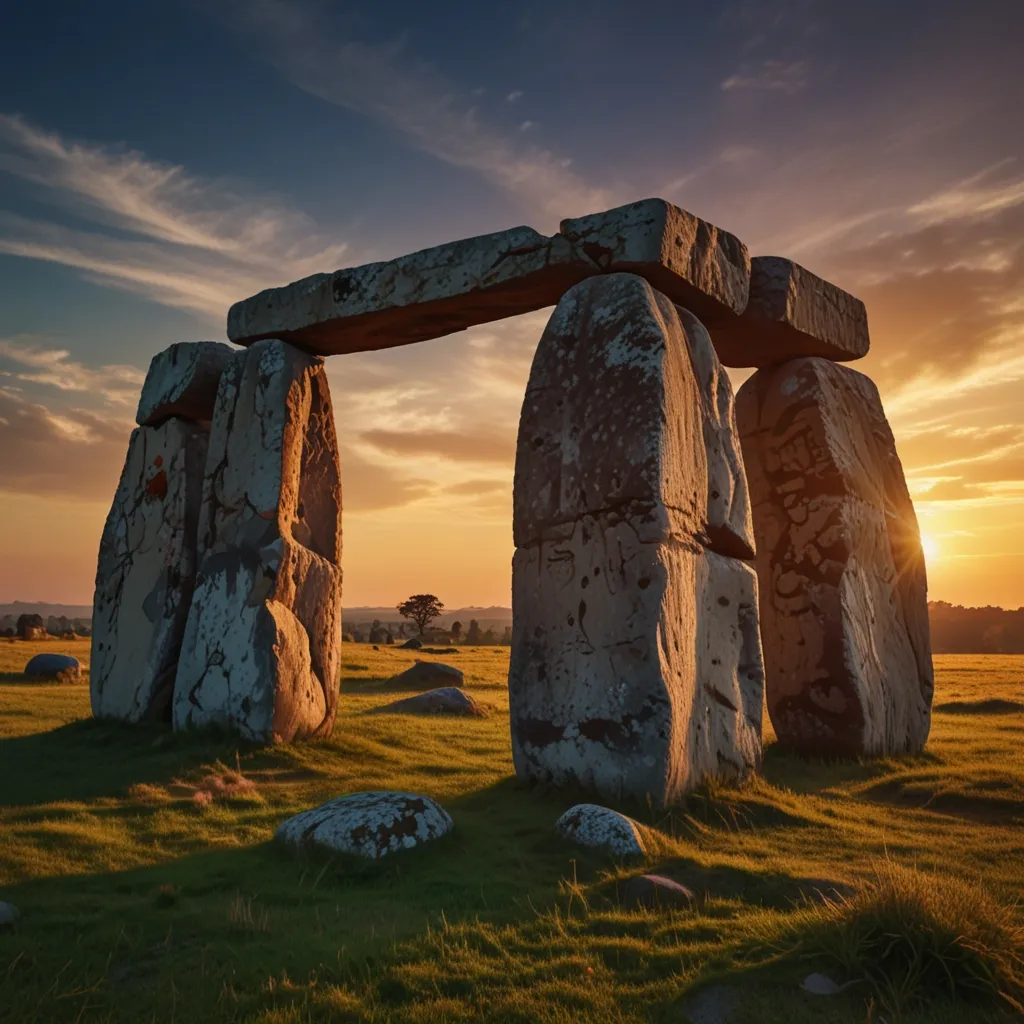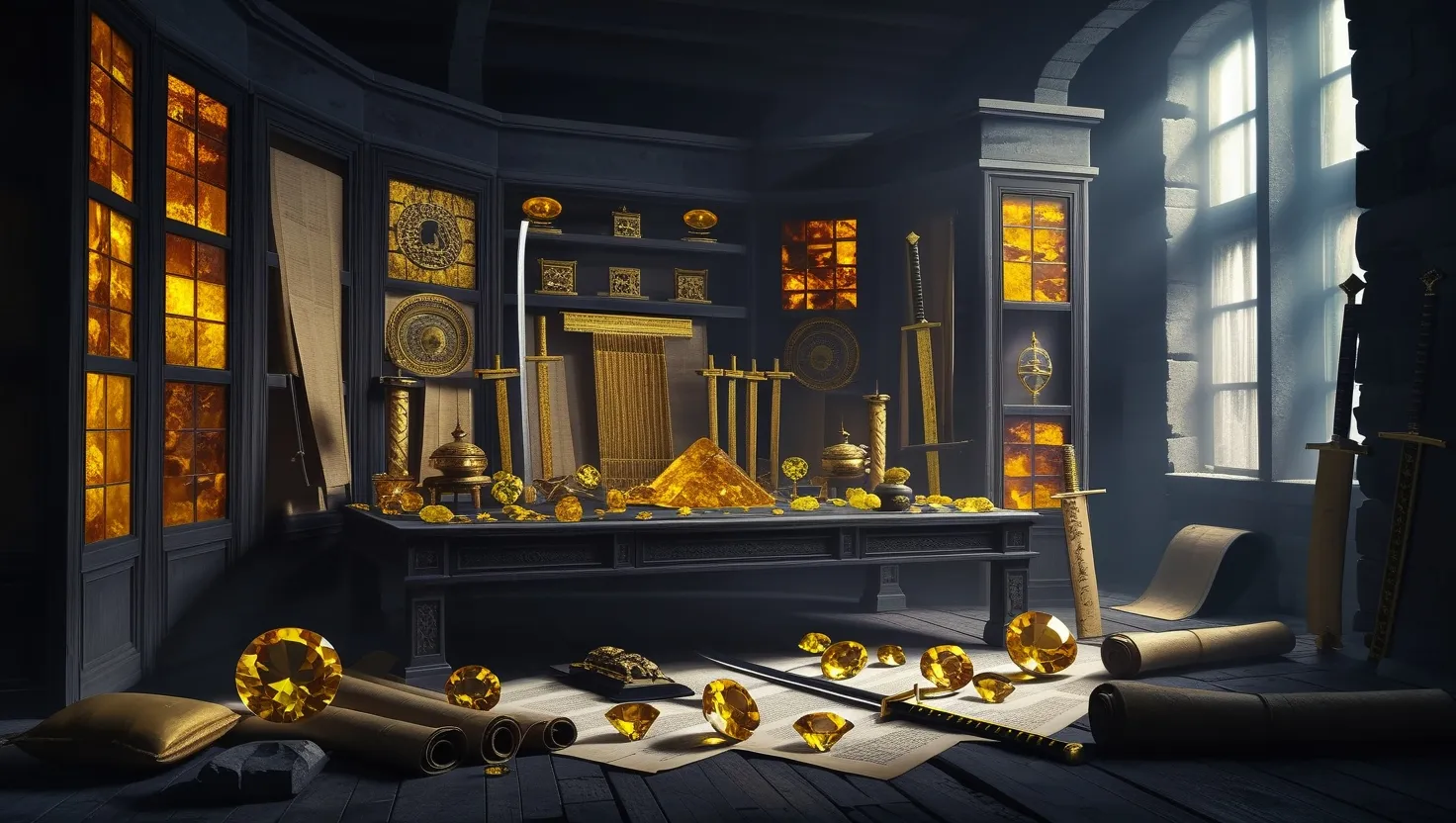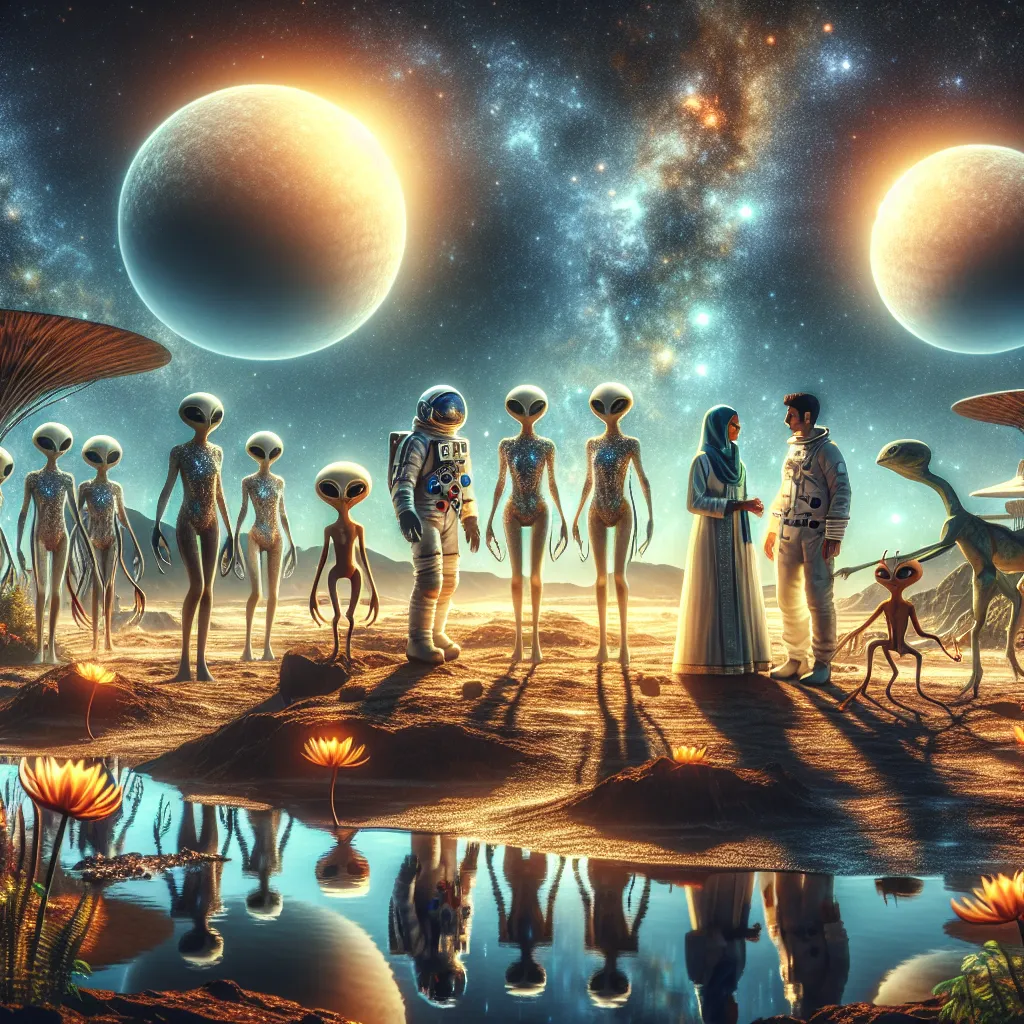Back in December 2019, the world got a heads-up from Chinese authorities about a new virus that’s spreading fast. In no time, it hopped across borders, doubling cases every few days. This virus, now known to us all as coronavirus or Covid-19, triggered a global crisis. But what exactly happens when it infects someone, and what should we do about it?
Viruses are like empty shells packed with genetic material and a sprinkle of proteins. They’re barely considered alive because they need to hijack a living cell to reproduce. While it’s unclear how long coronavirus lingers on surfaces, it’s mainly spread through droplets when people cough or touch their faces after touching something contaminated.
Once it finds a way in, coronavirus targets the intestines, spleen, or lungs. Even a small number of viruses can cause big problems. The lungs, lined with billions of epithelial cells, are where the real drama unfolds. The virus latches onto these cells, injects its genetic code, and tricks the cell into making copies of the virus. Eventually, the cell bursts, releasing new viral particles.
In about ten days, millions of body cells are infected, and billions of viruses swarm the lungs. Although the virus hasn’t done much damage directly, it now unleashes our immune system, which can be quite destructive without proper control. The virus sows confusion among the immune cells, causing them to overreact. Neutrophils and killer T-cells, supposed to protect us, end up killing healthy cells too. This reckless attack can damage lung tissue severely, sometimes irreversibly.
Most people can recover from Covid-19 with mild symptoms. However, severe cases are a different story. The protective lung cells are lost, allowing bacteria to cause pneumonia, making breathing a struggle, and sometimes leading to death if the bacteria enter the bloodstream unchecked.
Compared to the flu, Covid-19 is much more dangerous and contagious. How we deal with it early on determines whether it turns into a fast or slow pandemic. A fast pandemic overwhelms healthcare systems, leading to more deaths due to lack of resources such as ventilators and medical staff. To make this a slow pandemic, we need to act wisely.
Without a vaccine, our best bet is to change our behavior. This involves not getting infected and not infecting others. Washing hands thoroughly with soap, which dismantles the virus, is crucial. Social distancing also plays a key role. Avoid hugs and handshakes, and stay home whenever possible to protect those who can’t.
Quarantines, though tough to endure, are necessary to buy time for researchers to find treatments and develop vaccines. Respecting these measures, though they may not be fun, is a small price to pay in the grand scheme of things.
Ultimately, how this pandemic ends is in our hands. Literally and figuratively.
